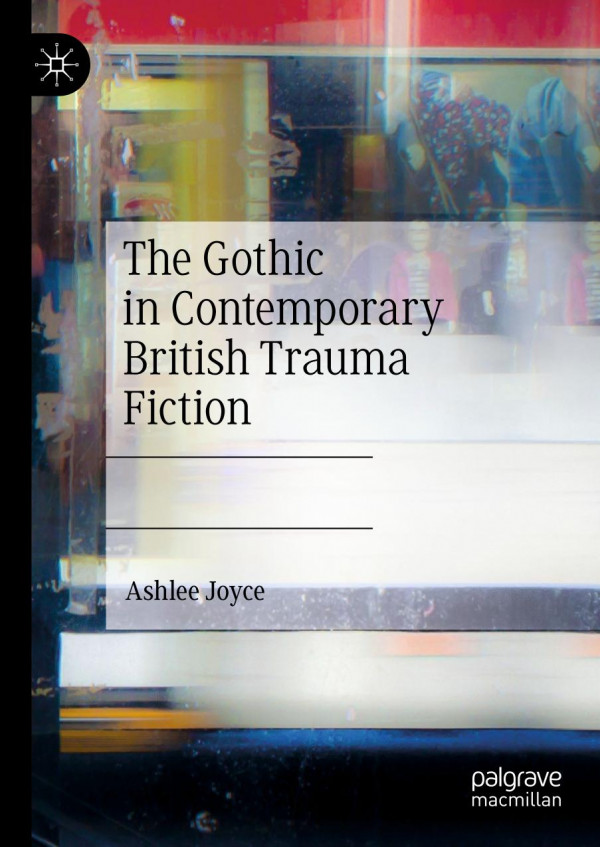

Most ebook files are in PDF format, so you can easily read them using various software such as Foxit Reader or directly on the Google Chrome browser.
Some ebook files are released by publishers in other formats such as .awz, .mobi, .epub, .fb2, etc. You may need to install specific software to read these formats on mobile/PC, such as Calibre.
Please read the tutorial at this link: https://ebookbell.com/faq
We offer FREE conversion to the popular formats you request; however, this may take some time. Therefore, right after payment, please email us, and we will try to provide the service as quickly as possible.
For some exceptional file formats or broken links (if any), please refrain from opening any disputes. Instead, email us first, and we will try to assist within a maximum of 6 hours.
EbookBell Team

4.1
10 reviewsThis book examines the intersection of trauma and the Gothic in six contemporary British novels: Martin Amis’s London Fields, Margaret Drabble’s The Gates of Ivory, Ian McEwan’s Atonement, Pat Barker’s Regeneration and Double Vision, and Kazuo Ishiguro’s Never Let Me Go. In these works, the Gothic functions both as an expression of societal violence at the turn of thetwenty-first century and as a response to the related crisis of representation brought about by the contemporary individual’s highly mediated and spectatorial relationship to this violence. By locating these six novels within the Gothic tradition, this work argues that each text, to borrow a term from Jacques Derrida, “participates” in the Gothic in ways that both uphold the paradigm of “unspeakability” that has come to dominate much trauma fiction, as well as push its boundaries to complicate how we think of the ethical relationship between witnessing and writing trauma.